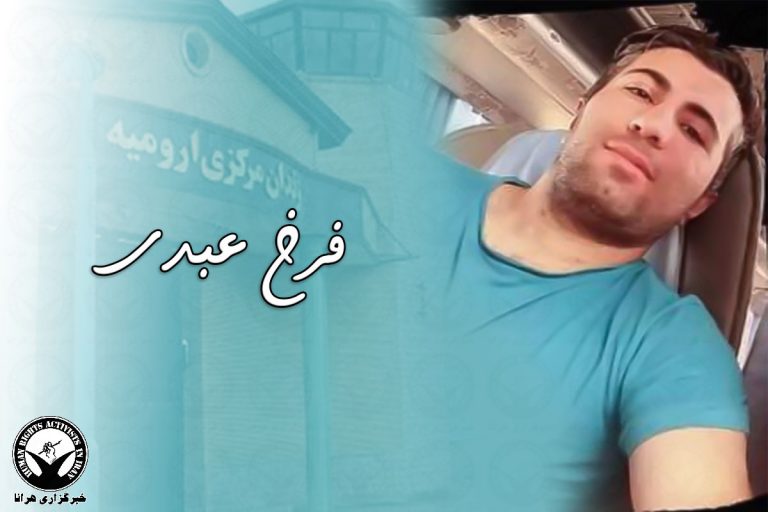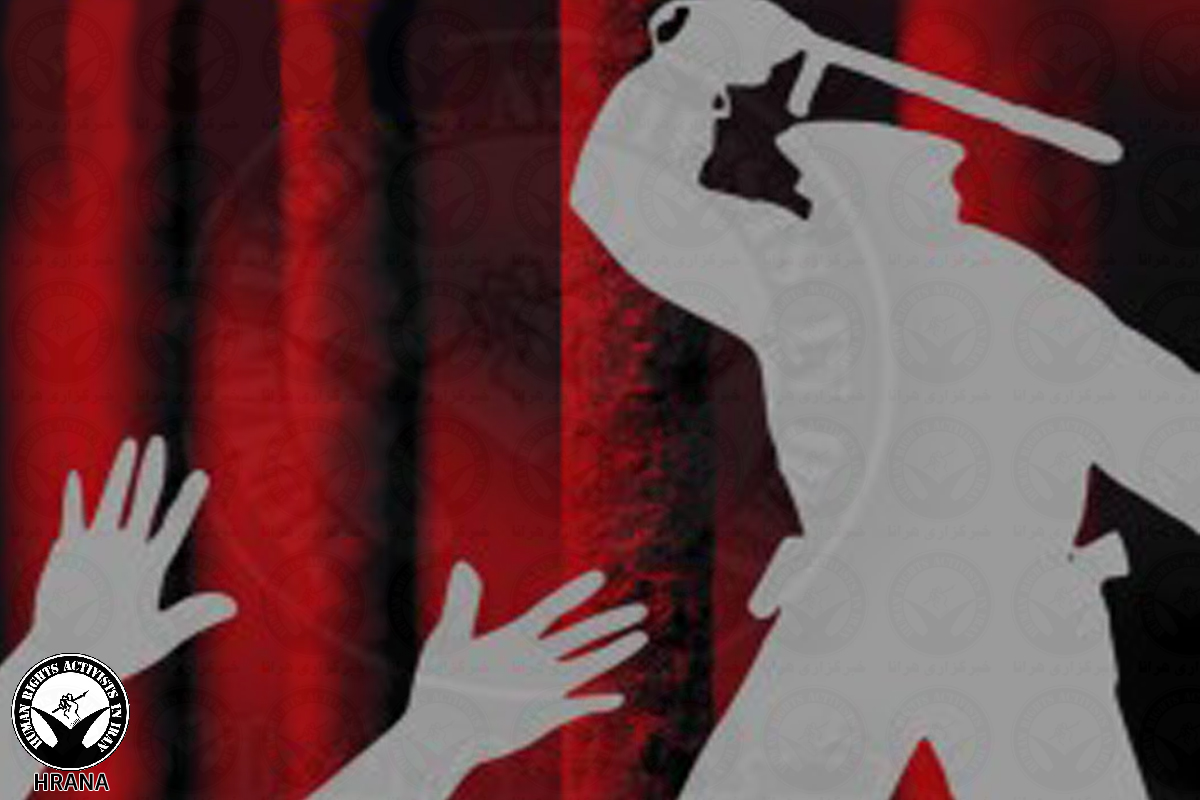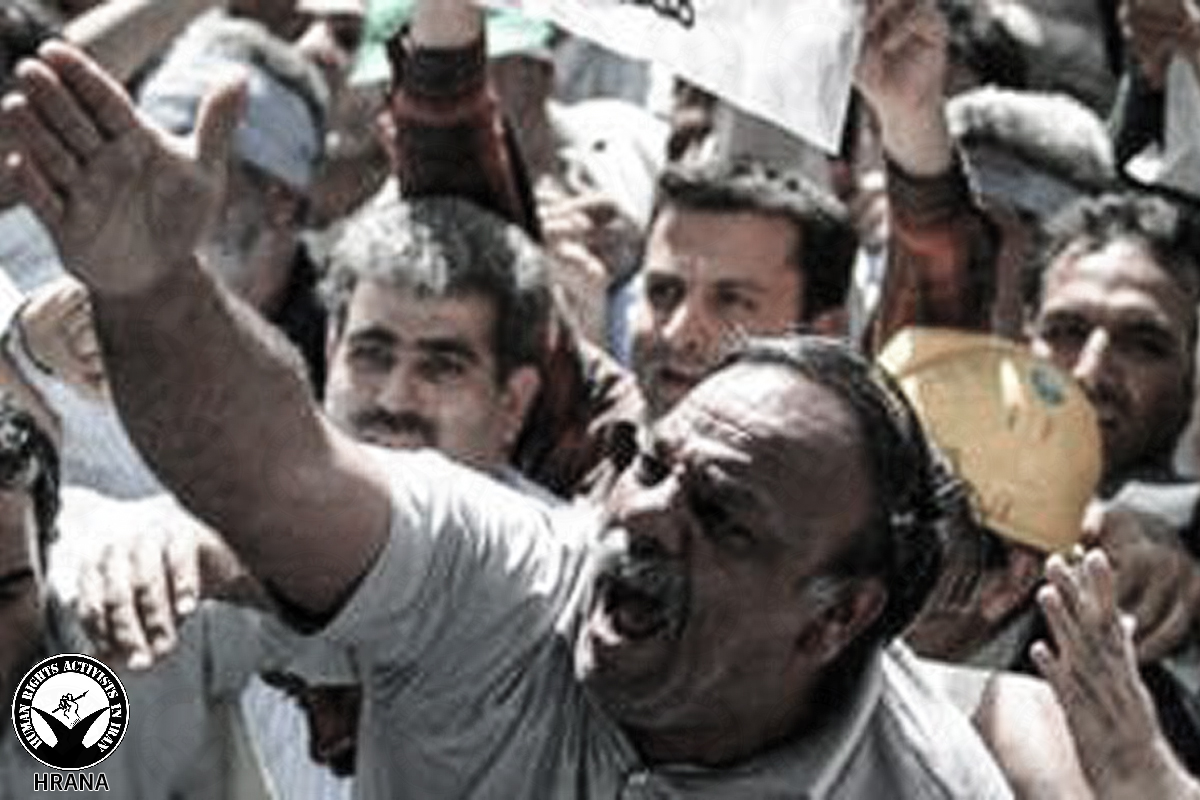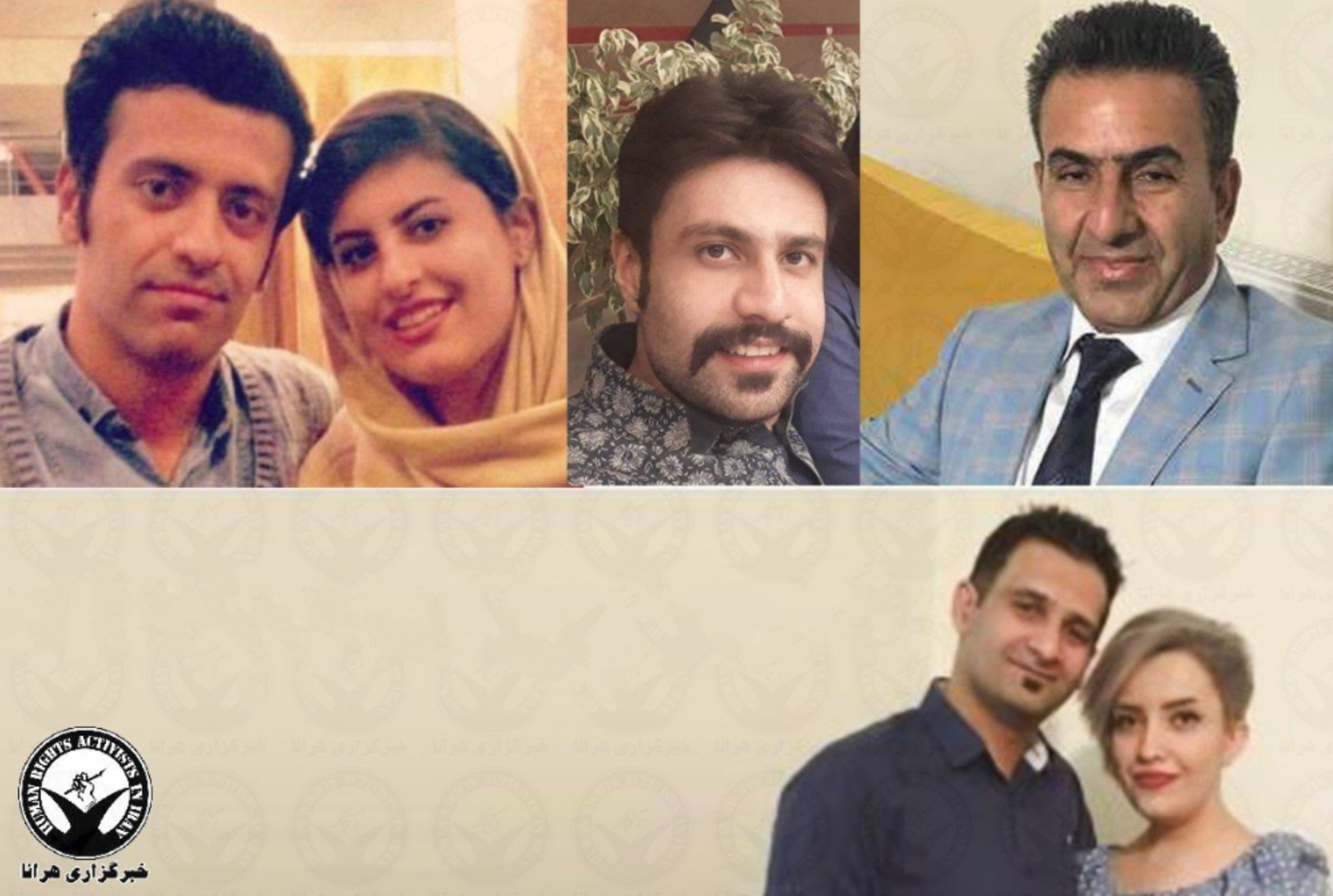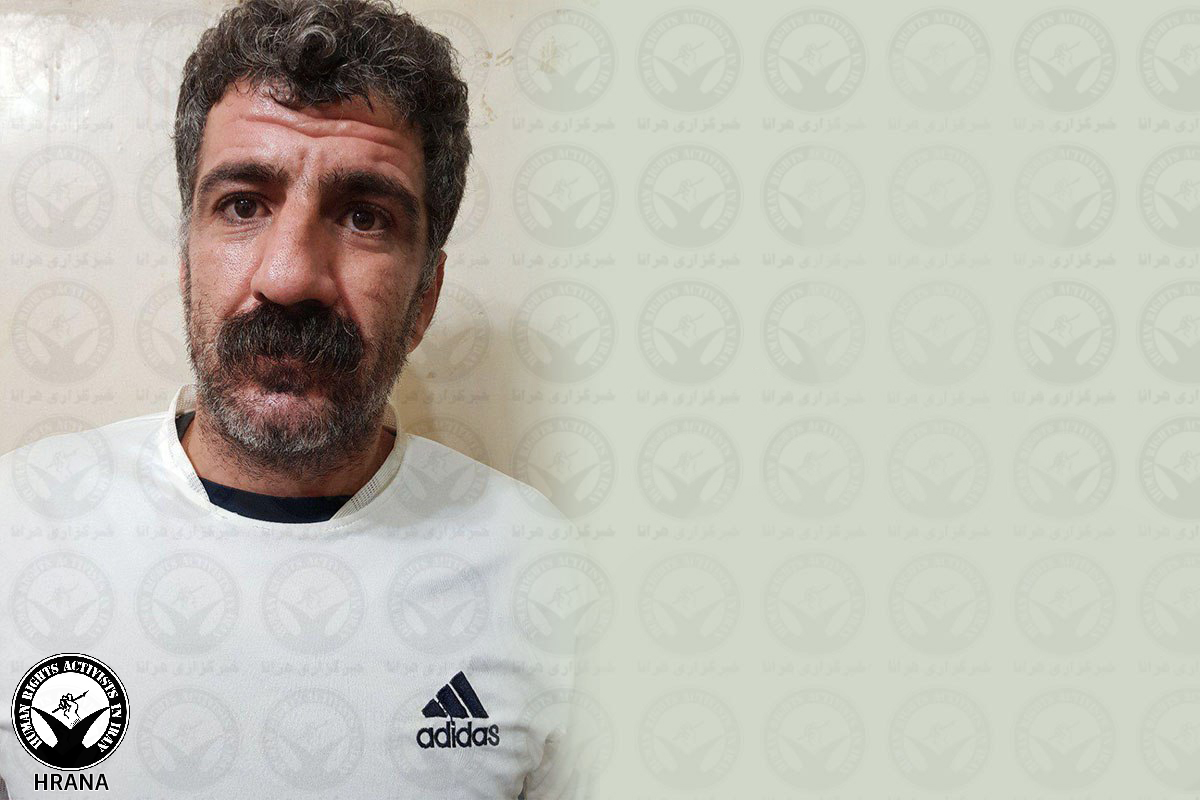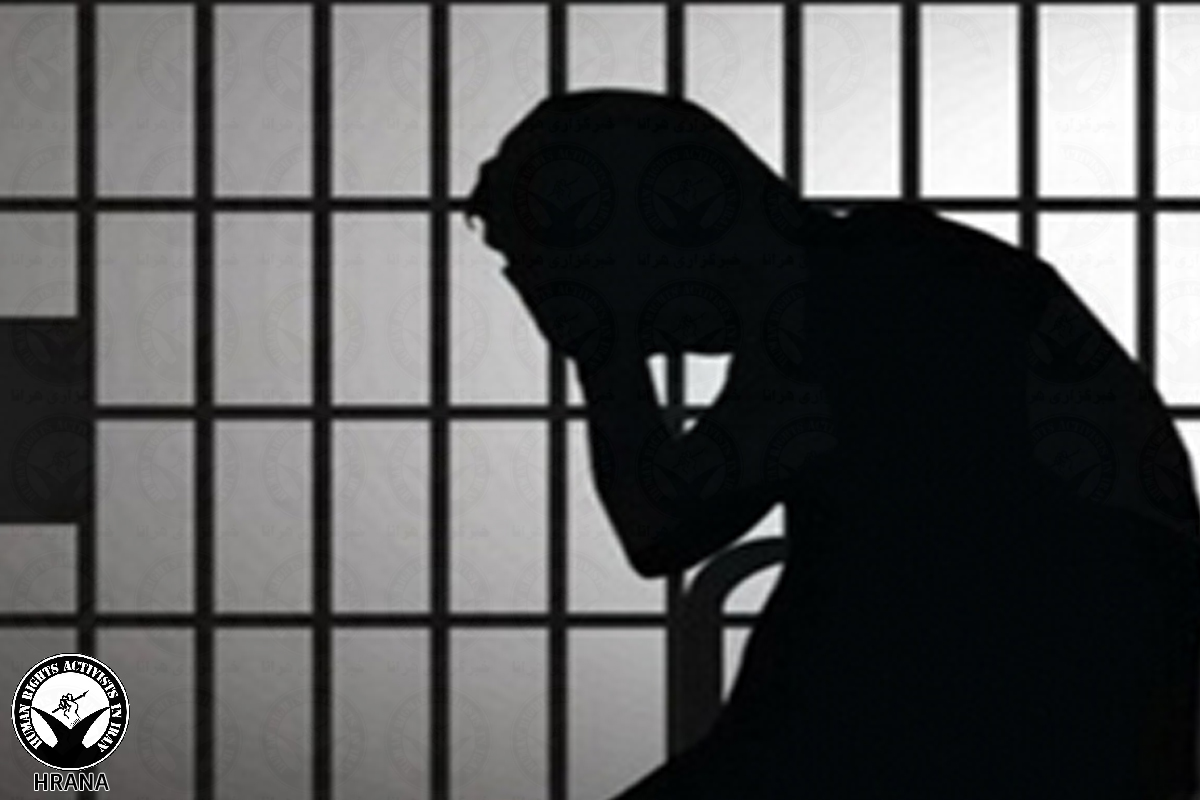Human Rights Activists News Agency (HRANA) – Worker groups from two major industries in the southwestern province of Khuzestan organized protests on Monday, August 12th outside the office of the local manager of Bank Melli.
Bank Melli is the current owner of the industrial complex housing the Iran National Steel Industrial Group (INSIG) of Ahvaz and Haft Tapeh Sugarcane Agro-Business (HTSA). Workers from these companies gathered to demand back pay and the right to form independent councils.
August 12th marked the third consecutive day of protests, which workers said they will continue until the company meets their demands.
INSIG’s CEO Kasra Ghafoori voiced to the media his company’s response to the crisis. “I sympathize with the INSIG workers,” he told Iran Labour News Agency (ILNA). “It’s hard to live when you haven’t been paid for four months, but INSIG’s raw materials will be provided by next week.”
INSIG is among a group of companies founded by Amir Mansoor-Aria’s Ahvaz-based investment group. After Mansoor-Aria was displaced from management due to criminal convictions, the Iranian Judiciary assumed control of the company until its recent privatization.
All told, INSIG companies employ about 4,000 workers, none of which have been paid in the past few months. Worker frustrations culminated in a new wave of protests on Saturday, August 18th.
Update:
The workers of Haft Tapeh Sugarcane Agro-Business (HTSA) continued to strike in front of factory management offices on the fourth day of consecutive protests.
Employees across company sections joined in a chant of “You’re a disgrace, Ghafari”, asking for dismissal of the sector’s manager.
The workers demanded the company resolve insurance payments, provide 1,500-day contracts for workers, and communicate transparently on the recent outsourcing of one of HTSA’s sections and the company’s uncertain future.
One of the workers stated that the company has yet to deliver on their promises to secure worker contracts and benefits.
HRANA reported that INSIG and HTSA protests were still active as of Monday, August 20th.
Update: Wednesday August 22, 2018
For the fifth day in a row, workers of the Haft Tapeh Sugarcane Agro-Business (HTSA) gathered in protest in front of the company’s security department.
Payment of delayed wages and stopping the company’s breaking up and privatization are among the demands made by the workers during this protest. The workers are also demanding “intervention by high-ranking provincial authorities on the question of the company’s management,” HTSA’s trade union has said.
Esmayil Bakhshi, the workers’ representative, gave a speech in today’s gathering and spoke of workers that have self-immolated under the pressure of authorities.
“To solve this problem of the workers, they were sent to different departments for a while,” Bakhshi said. “but it turned out that they wanted to fire them. After they chose self-immolation, instead of solving their problems, they asked them why did they want to burn themselves and ruin the company’s reputation?”
“The security department managers have lost or changed their real mission for years now,” Bakhshi said. “The real mission of this department should be to create a safe and secure space for workers for them to do their work in utmost security. For years, however, they’ve tried their best to disrupt the security of workers.”
The worker representative then spoke about the new manager of the security department who has a past in the police force.
“If you are here to follow that same mission, we will support you,” he said. “But you have been a police commander before and are now a manager. This is a working-class environment, not a military barracks. If you stand with workers, we will stand with you. If you stand against workers, we will stand up to you. So, do your real job!”
Esmayil Bakhshi addressed the employers at the end of his speech: “We are ready for negotiations. The only solution is for you to talk to us so that we can solve the problems.”
The workers of HTSA have repeatedly organized strikes and gatherings to protest the contract conditions, worker expulsions, wage delays and privatization of the company assets.
Update: Thursday, August 23, 2018
On Thursday, August 23rd, workers of the Haft Tapeh Sugarcane Agro-Business (HTSA) in southwestern Iran started the sixth day of their strike. A number of authorities, including the agriculture minister, came to visit the workers and follow up on their grievances.
In addition to the Minister of Agriculture, the Governor General of the Khuzestan province and a representative of the Shush County governor’s office met with the workers.
Before the meeting, HTSA workers had addressed an open letter to the authorities.
“The community of Haft Tape workers will stand behind their valiant representatives, absolutely and to the last breath. If they are met with any harm or accusation, all workers of this company will back their representatives and will not stop supporting them under any circumstances,” the letter said.
“Our gatherings have been aimed at demanding our rights and asking for help from the respected authorities. Our demands from the beginning have been aimed at driving out the capitalists from this region and bringing the company back into public ownership. We have been working in a very calm environment, away from threats, violence and anti-government slogans. It is now the turn of the respected authorities of the county, the province and the country to give what is the right of the devout and hardworking workers of this land and to put an end to years of injustice that has brought suffering to the workers, their families and the people of this region,” the letter continued.
“We will follow up on the grievances of the retired workers and payment of their pensions,” Agriculture Minister Mahmood Hojatti said.



